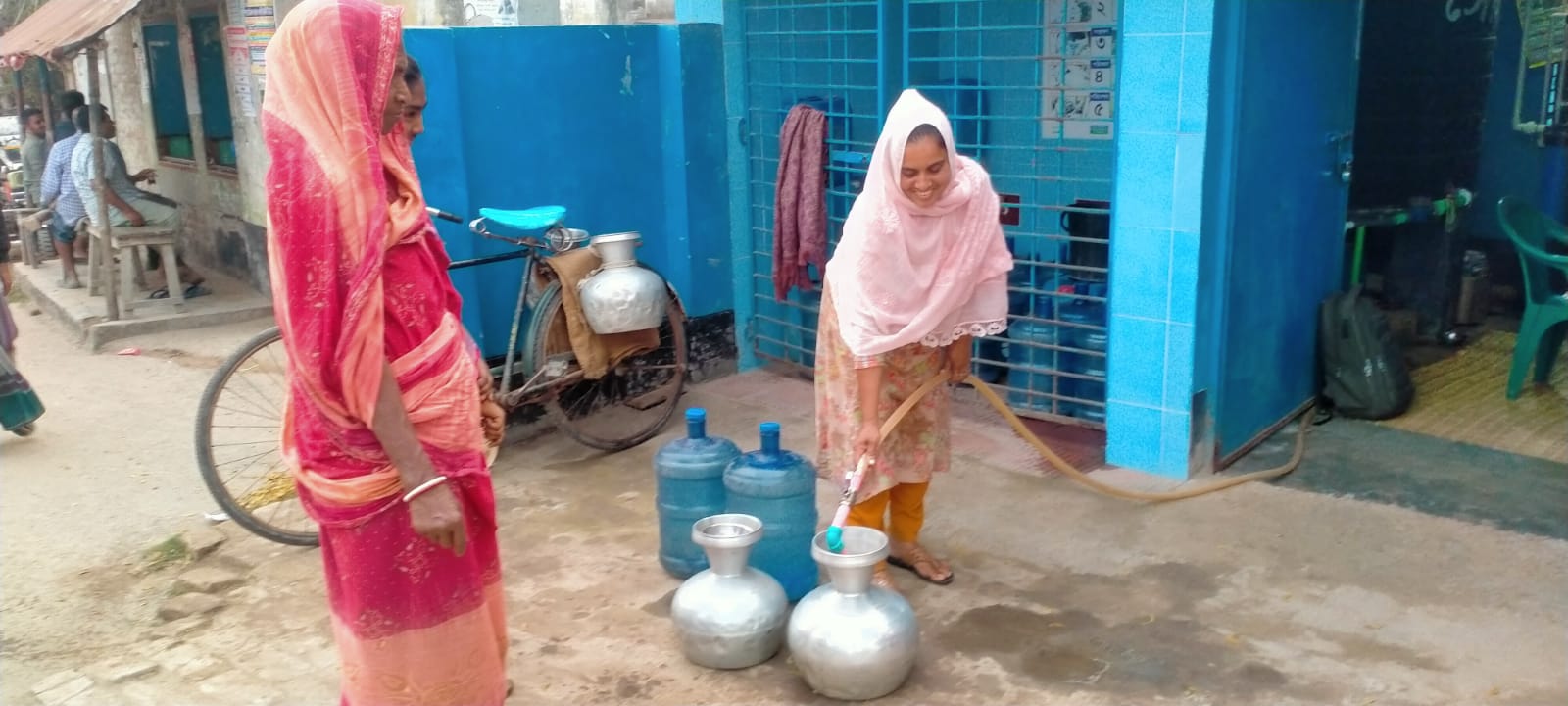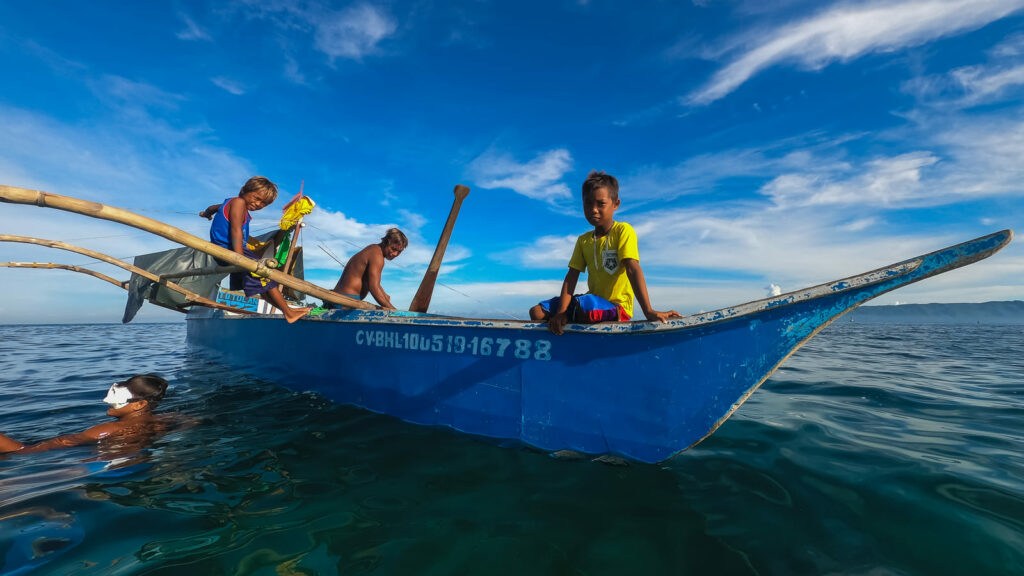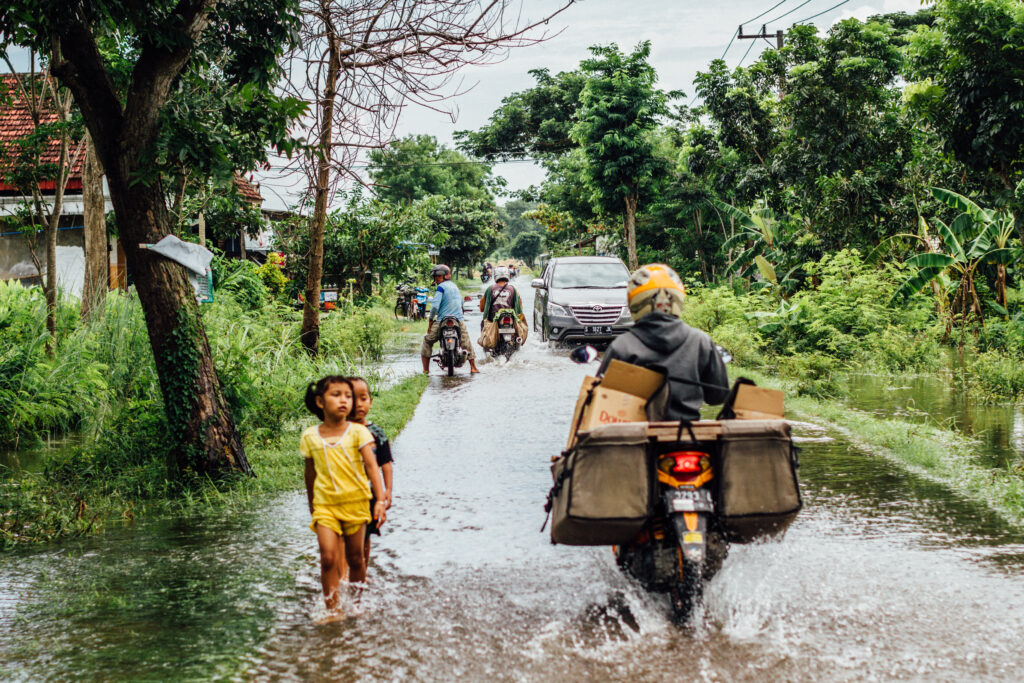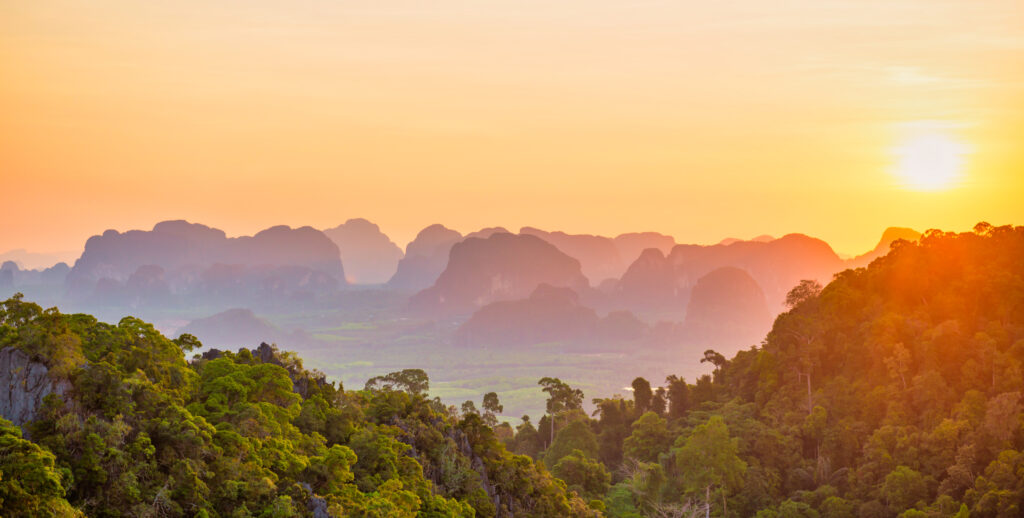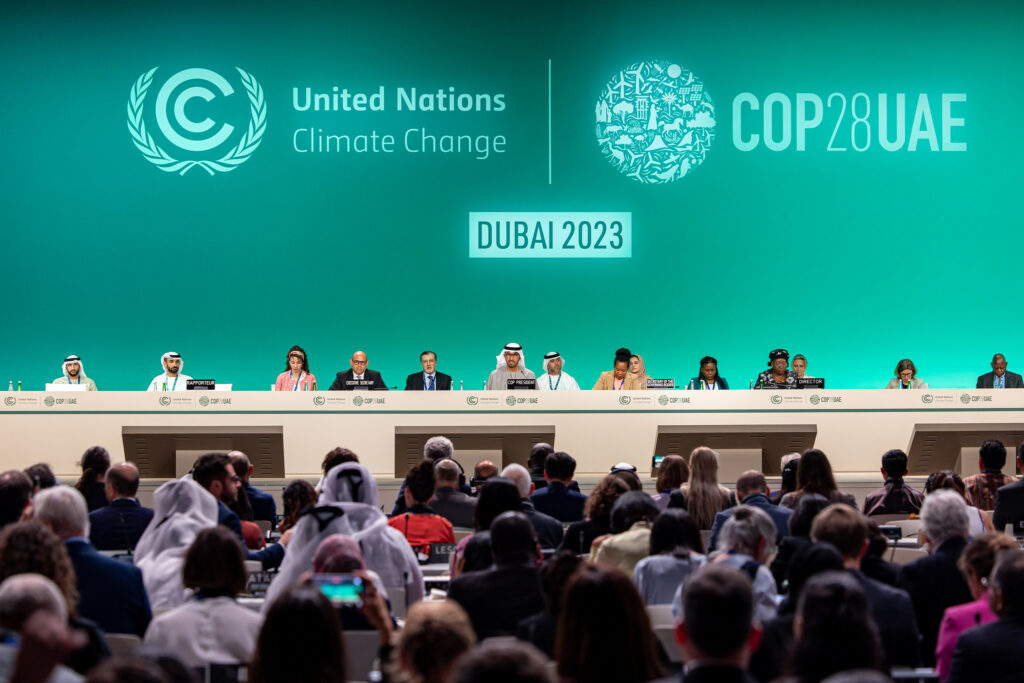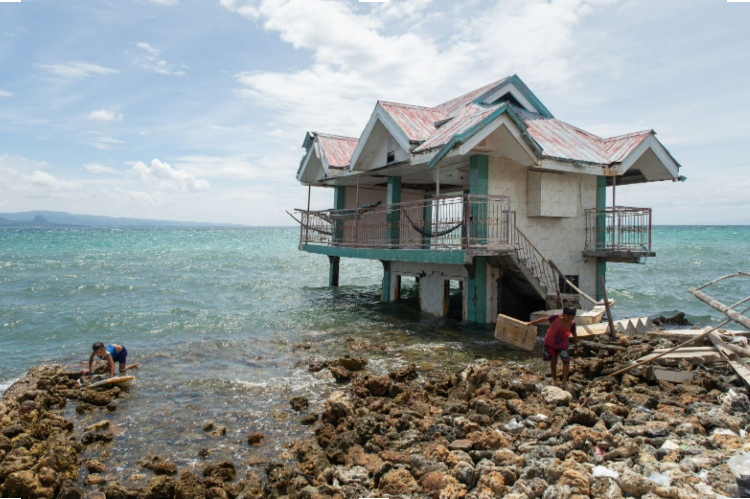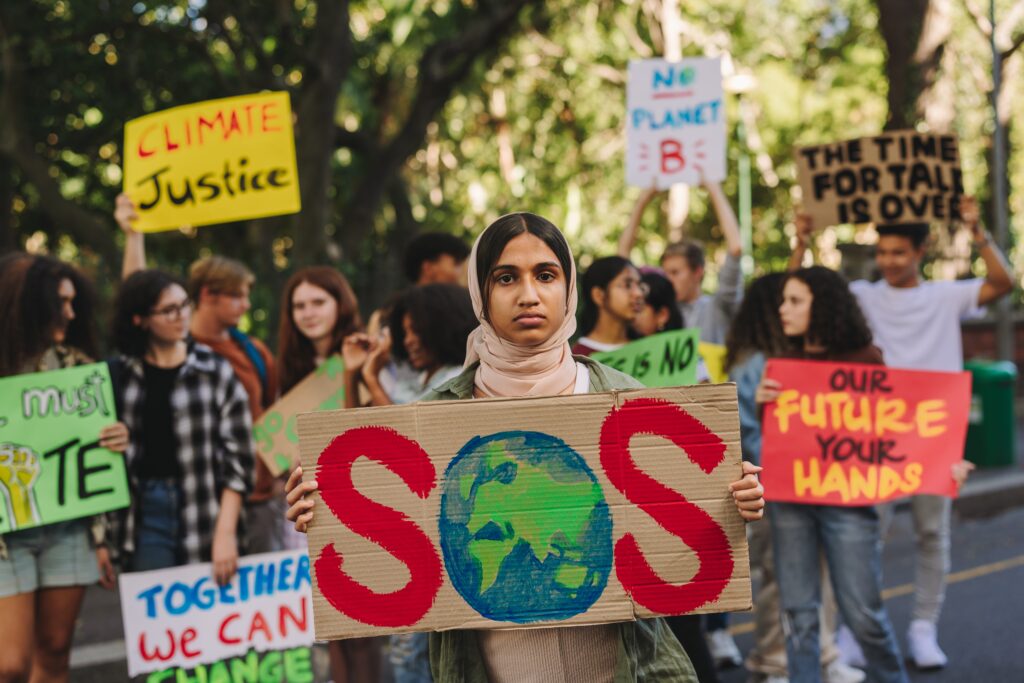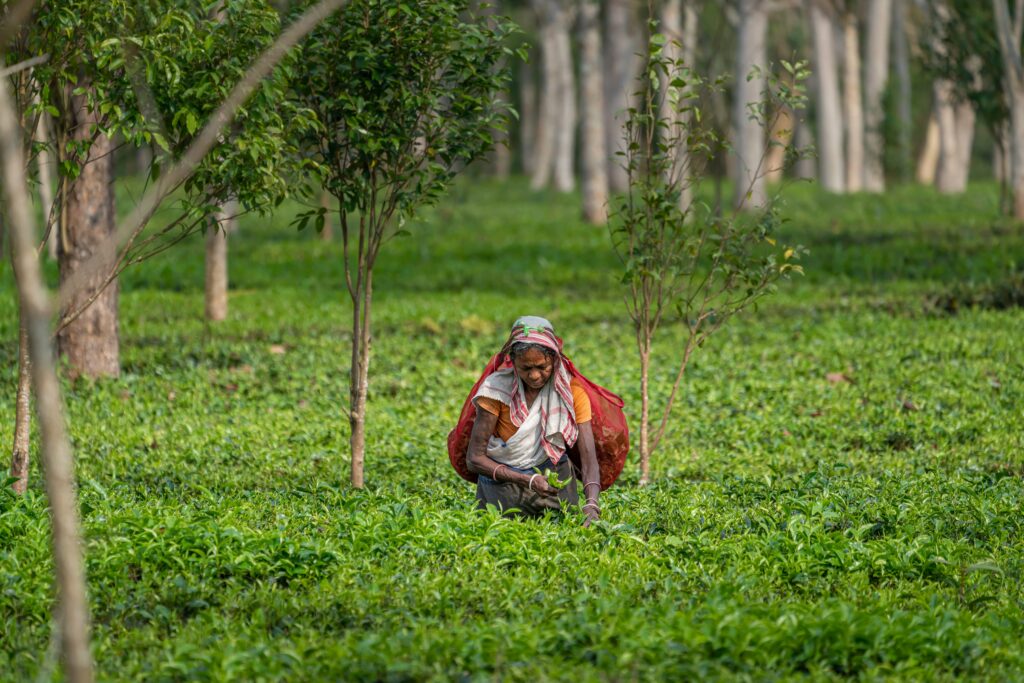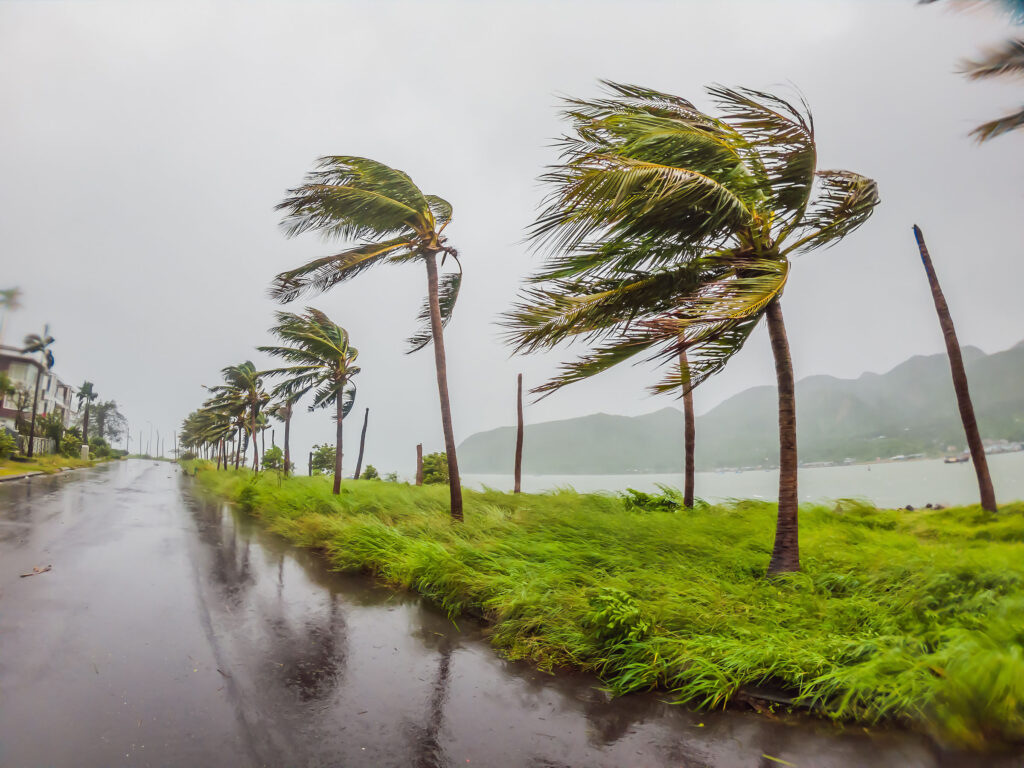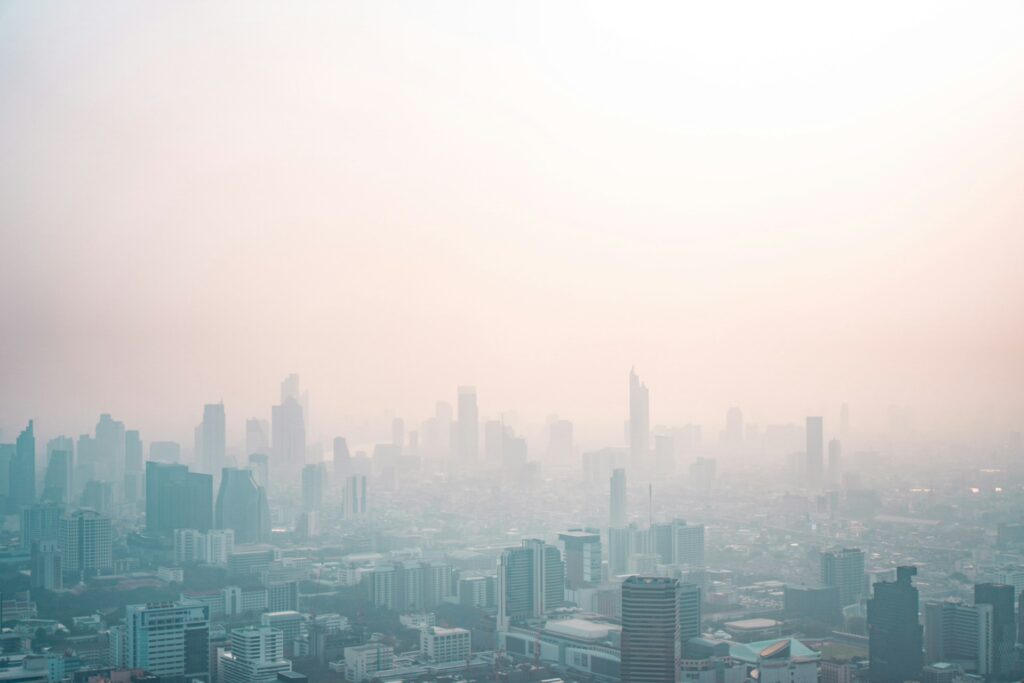In southwest Bangladesh, the rhythm of life has traditionally depended on the cycles of the monsoon, and many livelihoods rely on natural resources. However, the rapidly changing climate is disrupting the lives of countless people, and these impacts of climate change can disproportionately impact women in a number of ways. Flooding, cyclones and erratic weather are making women’s lives in Bangladesh more difficult by increasing the burden of work in the private and public spheres and worsening access to health care and other essential resources. Female-headed households have also been found to spend as much as 30% of their household expenditure on protection from climate disasters – double that of male-headed households.
Despite these adverse impacts, Bangladeshi women are fighting back with their resilience and adaptation skills. This International Women’s Day, Climate Impacts Tracker Asia has partnered with WaterAid Bangladesh and NGO Rupantar to share stories of Rafeza Khatun and Laiza Yasmin, who are facing these challenges with resilience and finding livelihood opportunities along the way.
The Climate Impact on Natural Resources
The loss of fresh water sources – essential for drinking, cooking, cleaning, and sanitation – is at the heart of the climate disruption for many Bangladeshi communities. Rafeza Khatun, a lifelong resident of Assasuni in the Satkhira District, reflects on the changes that have swept through her community in recent times. “In the past, the monsoon season brought regular rainfall, sustaining paddy cultivation and fish farming projects that were the sources of income of our community,” she said. “However, the harsh reality of salinity intrusion altered the course of our lives. Paddy fields gave way to vegetable cultivation, and where fisheries thrived, brick kilns were set up,” she added. Khatun said that the transformation has “affected the very livelihoods of those who once worked the land and water”.
Khatun explained that the local ponds previously provided drinking water for the community. However, the recent cyclones flooded the ponds with saline water, so now people have to buy water to drink.
The loss of fresh water has also closed down the fishery where Khatun’s husband worked, forcing him to work in the brick kiln instead. “When he passed away in 2011, I had to find a way to support my family. So, I started working at the brick kiln, which was not easy,” she said.
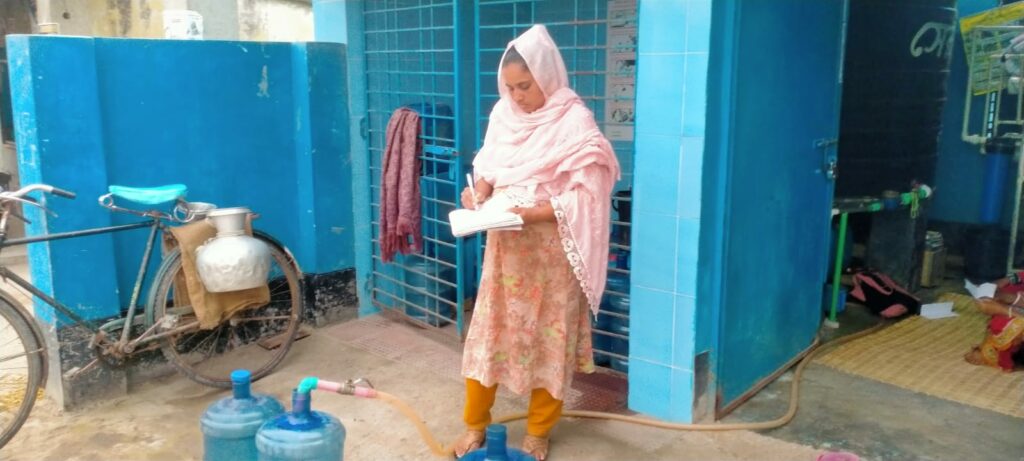
Empowering Women With Water Services and Livelihoods
Life for Khatun changed in 2020 when the NGO Rupantar, with help from WaterAid Bangladesh, created a women’s group in the area. “They wanted to empower us through a programme called Water Entrepreneurship for Women’s Empowerment (WE-WE),” she said. “Five of us formed a group, and they helped us set up a Reverse Osmosis (RO) Water Treatment Plant.” These plants remove contaminants and impurities from water, making it safe and healthy for people to drink. Combining training and development, livelihood opportunities and water service provision have proved to be powerful solutions to the climate challenges the community faces.
Khatun is now a shareholder and takes care of the plant, so she does not need to work at the tough brick kiln anymore. “I get a monthly salary for my work and also get a share of the money we make by selling water each month,” she said. She has also been learning the technicalities of the plant. “Now whenever any technical difficulties arise, before calling an external mechanic, I attempt to fix the problem first.”
With the leadership of the group, Khatun explained how they have formed a 20-member cooperative society with other women from the neighbourhood. The group has gained a license from the Department of Cooperatives of the Bangladesh Government and is planning to scale up and begin new projects for the empowerment of the women in the community.
Changing Seasons Disrupt Lives
Laiza Yasmin is also a member of a women’s group, Ekota Mohila Dol (Unity Women’s Group), and is the caretaker of an RO Plant. Like many around her, the impacts of climate change have been severe. “Previously, we used to have six seasons just like our Bangla calendar. However, now we only experience three seasons: summer, monsoon and winter,” Yasmin said. Now, the summer heat is unbearable and the rains are irregular, she added. “Previously, we could predict when we would have rain, especially from May to August or September when we used to have regular rainfall. But that pattern has become erratic now.” She says that fresh water has grown scarce, with people lining up to get water. “We needed to stand in long queues, often taking around 2 hours every day just to collect water.”
Yasmin’s husband used to farm, until salinity intrusion forced him to to change his occupation. He opened a shop to sell diesel instead. However, when the COVID-19 pandemic hit, this business also suffered. “We were barely able to make ends meet,” said Yasmin. “I was a homemaker at that time, but I knew I needed to step up as well. However, in our society, that is not very easy.”
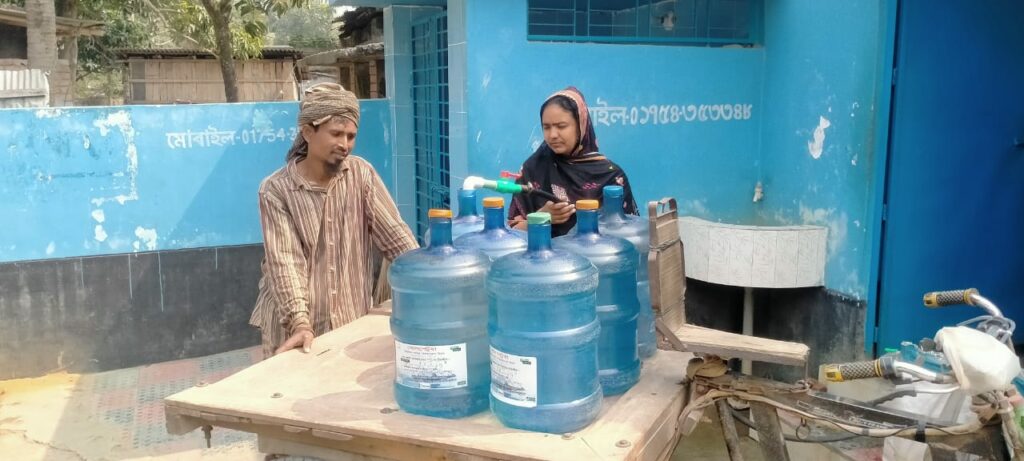
Building Sustainable Livelihoods Against the Climate Crisis
When Rupantar and WaterAid came to Yasmin’s community with the idea of forming a women’s group and setting up an RO plant, Yasmin signed up immediately. “Initially, my husband was not in favour of it, and I faced resistance from my family. But with time, he saw the potential benefits of this initiative”, said Yasmin. “Now I can proudly say that I am a working mother who not only takes care of her family by doing household chores but also earns and financially contributes to the family.”
Both Khatun and Yasmin affirm that joining the women’s groups and working in the RO plants has been life-changing, showing how local adaptation efforts and reliable water services can catalyse women’s empowerment in many ways.
“Through this RO plant, we are all benefitting from having access to safe drinking water at low cost,” said Yasmin. “I do not have to spend a significant amount of time of my day collecting water every day. I am investing that time to take care of the RO plant, earn my own living and making life easier for my community people as well.”
Khatun also reflected on the benefits the women’s group has brought to her life. “This change has made life better for me and my family. We have more stability, and I feel proud to be part of the RO plant,” she said. “This RO plant is not just a source of stable income for me, but I feel proud that I am helping my community by providing them a source of safe drinking water. It’s not just a job. For me, it was a chance to have a new beginning.”
Evelyn Smail
Writer, United Kingdom
Evelyn is a freelance writer and journalist specialising in climate science and policy, the just energy transition and the human impacts of climate change. She writes for independent publications, NGOs and environmental organisations. Evelyn has a background in sustainable development, climate justice and human rights.
Evelyn is a freelance writer and journalist specialising in climate science and policy, the just energy transition and the human impacts of climate change. She writes for independent publications, NGOs and environmental organisations. Evelyn has a background in sustainable development, climate justice and human rights.

